The ICDR Filing Process: Navigating International Dispute Resolution
ICDR filing is an essential mechanism for resolving cross-border disputes and ensuring a predictable, expert-driven process for resolving contractual disagreements. This article explains what ICDR is, how to file it step-by-step, and the associated costs and challenges. As a foreign direct investor or business owner dealing with international trade, you must understand how ICDR, administered under established frameworks such as those proposed by the International Centre for Dispute Resolution (ICDR), can protect your investments and minimize legal uncertainty. The following sections answer common questions regarding ICDR filing, provide a detailed process explanation, and present tables and lists for quick reference to support your decision-making. Transnational Matters PLLC, a law firm specializing in private international law, alternative dispute resolution, and international arbitral tribunal disputes, supports investors by offering guidance on these complex procedures.
In the following sections, you will learn about ICDR’s purpose and role in international dispute resolution, the step-by-step process for a successful filing, cost breakdowns, effective navigation of guidelines, common challenges, and emerging trends. By the end of this comprehensive guide, you will have a clear understanding of how ICDR filing works and how you can use it to protect your foreign investments while promoting alternative dispute resolution under the arbitration clause.
How Does ICDR Filing Work and What Is Its Purpose?

ICDR filing functions as a mechanism for addressing international contractual disputes through arbitration or expert determination rather than through lengthy litigation. The International Centre for Dispute Resolution provides a predictable, specialized forum that enhances dispute resolution efficiency and minimizes third-party interference. Its purpose is to offer fair, cost-effective, and timely resolutions while promoting best practices in international alternative dispute resolution. According to research by the International Chamber of Commerce (ICC, 2021), expert-determined mediation processes have resolved over 75% of contested cross-border disputes in a timely manner. This process is particularly valuable for foreign direct investors safeguarding multi-million-dollar projects.
By utilizing ICDR, parties ensure that a panel of neutral experts reviews the claim, applying enforceable international standards. This specialized framework also helps investors reduce exposure to unpredictable local litigation risks and currency fluctuations that may affect dispute outcomes in traditional international arbitration systems.
What Are the Essential Characteristics and Benefits of ICDR Filing?
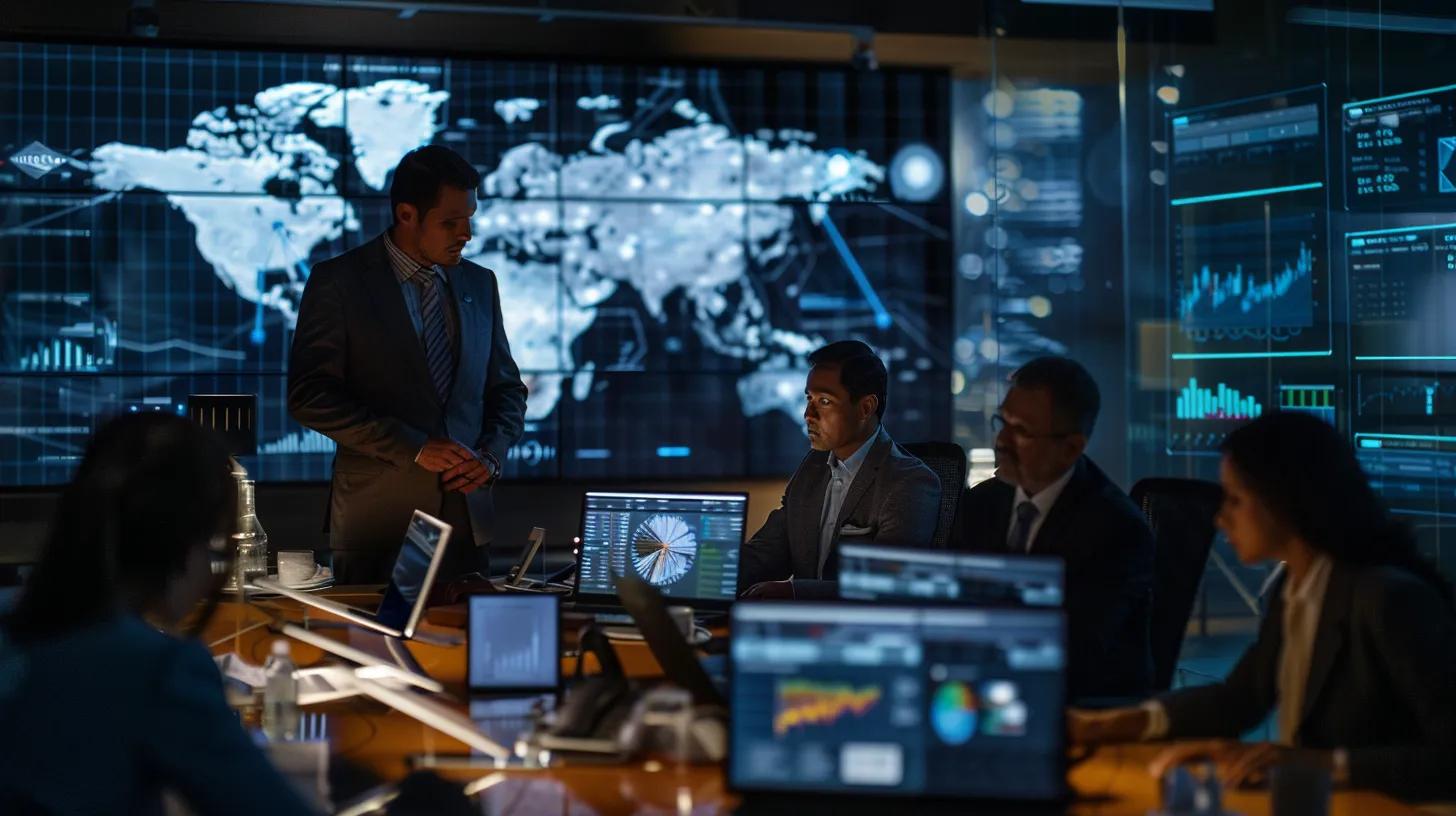
ICDR filing is structured around transparency, expertise, and efficiency. The process involves several distinct features that include clearly defined procedural steps, strict confidentiality standards, and enforceability under international law. The benefits include reduced litigation costs, shorter alternative dispute resolution periods, and expert-driven decisions that help preserve business relationships. For foreign direct investors, these characteristics offer the following advantages:
- Predictability: The framework provides certainty in decision-making, minimizing risks associated with judicial unpredictability.
- Expertise: Panels consist of specialists in international trade, ensuring that decisions are informed by industry-specific knowledge.
- Cost-effectiveness: Parties often experience lower overall costs compared to traditional litigation, as the process minimizes delays.
- Enforceability: Awards rendered by ICDR are widely recognized and enforceable in multiple jurisdictions under treaties such as the New York Convention (United Nations, 2019).
These benefits are particularly crucial when resolving disputes that cross borders and involve significant financial stakes.
What Is the Step-by-Step Process for Filing ICDR Successfully?

The filing process for ICDR disputes involves multiple carefully coordinated steps to ensure procedural compliance and successful resolution. Below is a detailed breakdown of the process:
Determine Eligibility and Consent: The first step is to verify that the dispute falls under ICDR arbitration or expert determination. Ensure that your contractual documents include a valid arbitration clause as stipulated by the ICDR rules. Investors must also secure the consent of the opposing party to initiate alternative dispute resolution proceedings.
Prepare and Submit the Notice of Arbitration: Draft a formal Notice of Arbitration that outlines the claim, supporting evidence, and jurisdictional basis. This document must be submitted to an ICDR-approved institution, such as the International Centre for Dispute Resolution, along with the required filing fee.
Selection of an Expert Panel: Once the notice is filed, both parties can agree on a panel of arbitrators or experts. The selection should be based on expertise in relevant fields (e.g., international trade law or alternative dispute resolution) to ensure a fair decision.
Preliminary Conference and Procedural Order: A preliminary conference is held to agree on the procedural timetable and clarify any uncertainties regarding the dispute’s scope. At this stage, both parties have the opportunity to submit preliminary briefs and document lists, which define the issues for resolution.
Exchange of Written Submissions and Evidence: Parties exchange detailed submissions, including witness statements, expert opinions, and documentary evidence. In many cases, alternative dispute resolution platforms facilitate secure file sharing to expedite this phase.
Hearing and Oral Arguments: Depending on the dispute’s complexity, a hearing may be organized either in person or via remote communication tools. During the hearing, each party presents its case, and the panel may ask clarifying questions.
Deliberation and Issuance of the Award: After the hearing, the expert panel deliberates in private. A final arbitration award is then issued that resolves the dispute. This decision is legally binding and enforceable in jurisdictions that recognize ICDR proceedings.
Enforcement and Post-Award Procedures: The successful award may be enforced in national courts if necessary. Additionally, if either party contests the decision, the ICDR rules detail the limited grounds and procedures for appeal or challenge.
Each step is designed to minimize ambiguity and ensure that all parties have a fair opportunity to present their case. Transnational Matters PLLC recommends that investors prepare meticulously at every stage to reduce uncertainties that might lead to increased costs or delays.
ICDR Filing Costs: Structure and Key Considerations
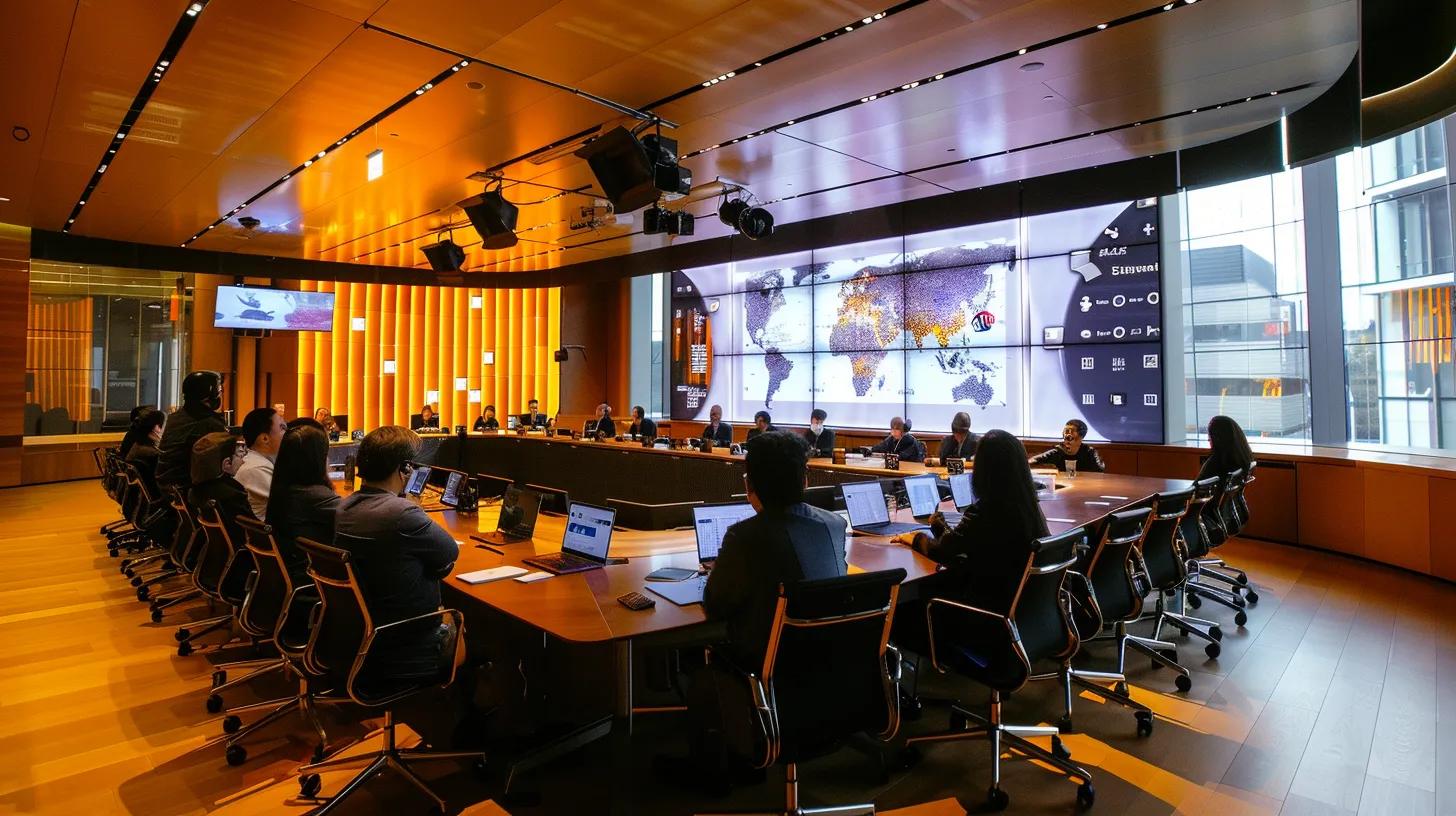
ICDR filing costs consist of several components, including filing fees, administrative fees, arbitrators’ fees, and ancillary expenses such as transcript production and arbitral tribunal travel costs. A clear breakdown of these costs is provided below:
Breakdown of ICDR Filing Costs
Summary of Cost Breakdown: Investors should anticipate expenses varying depending on the dispute’s complexity, the total claim value, and procedural requirements. For instance, a high-stakes dispute requiring multiple expert testimonies and an extended hearing could result in costs exceeding $ 100,000. Research by arbitration institutions (ICC Annual Review, 2022) indicates that proper budgeting and contingency planning can lower long-term costs by up to 20% through alternative dispute resolution.
Insight Into Cost Structure: These costs, while significant, are often less than those incurred in conventional litigation, where legal fees and prolonged timelines can easily spiral into the millions. Understanding these cost structures enables you to mitigate risks and allocate sufficient resources, ensuring that potential losses are minimized while protecting your investment.
What are the best practices and tips for effectively navigating ICDR guidelines?
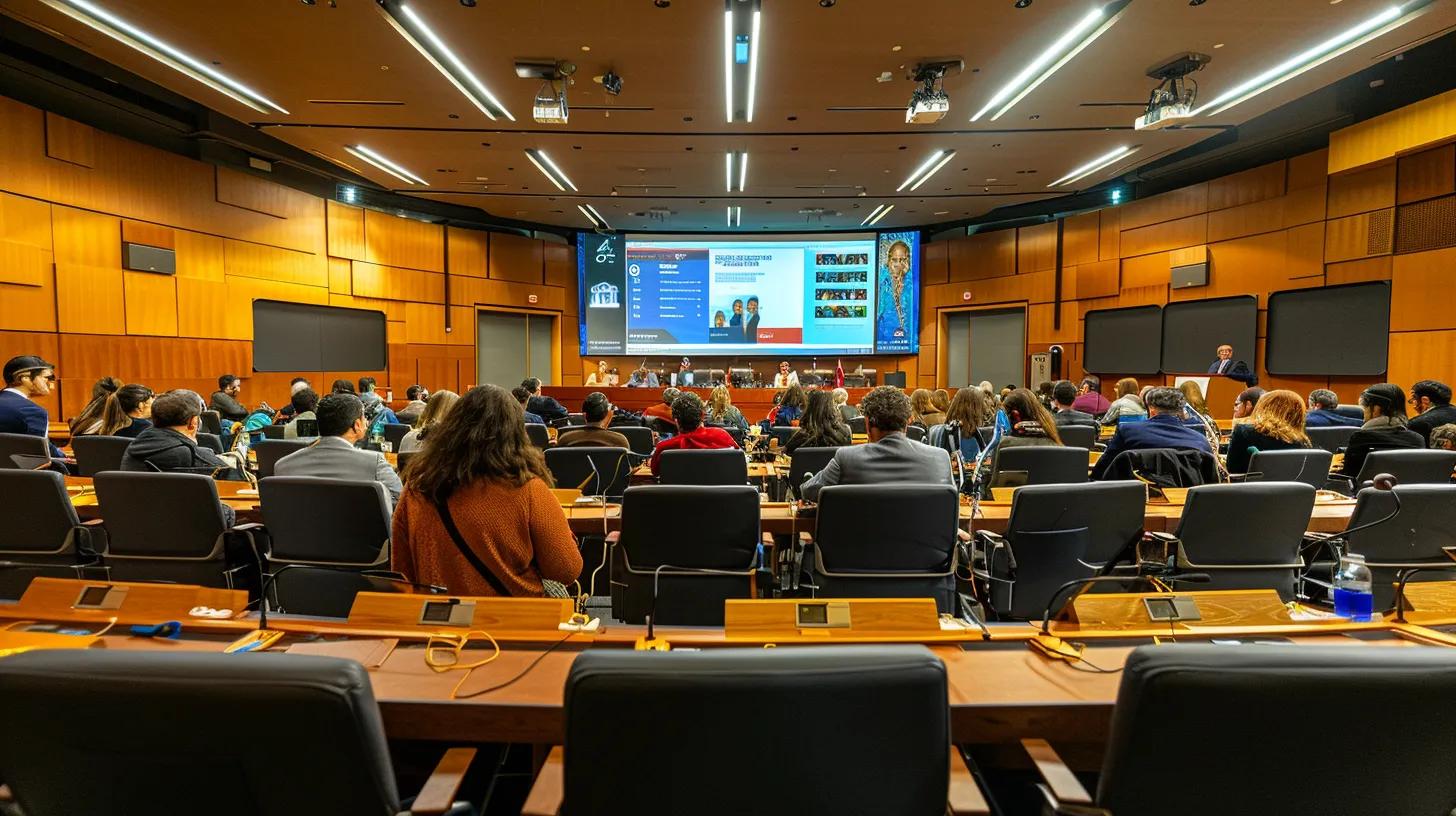
Navigating the ICDR guidelines requires familiarity with alternative dispute resolution practices and strict adherence to procedural requirements. Here are some critical tips to streamline the process:
Thoroughly Review the Arbitration Clause: Always ensure that your contracts include clear and comprehensive arbitration clauses that comply with ICDR rules. This clause should explicitly state the agreed forum, applicable rules, and any limitations on dispute resolution, including the arbitration award.
Engage Legal Experts Early: Retain specialized international arbitration counsel—such as those from Transnational Matters PLLC—to review your documents and advise on dispute resolution strategy. Early legal guidance can help identify potential pitfalls before the arbitration clause process begins.
Prepare Comprehensive Evidence: Detailed documentation and evidence are essential. Create a timeline of events, maintain all transactional documentation, and gather expert opinions to build a persuasive case in a lawsuit.
Establish a Realistic Timeline: The procedural timetable established during the preliminary conference should be feasible. Ensure that deadlines for submissions, hearings, and arbitration award responses are realistically achievable and allow sufficient time for thorough review.
Embrace Technology: Utilize digital platforms for document exchange and virtual hearings to reduce delays. Advanced document management systems enhance traceability and security.
Maintain Confidentiality: Strict confidentiality provisions in ICDR filings protect sensitive business information from public disclosure. Ensure compliance with these terms to safeguard trade secrets and arbitration strategies.
Monitor Industry Trends: Regularly review updates to ICDR rules and international arbitration trends. Publications like the Journal of International Arbitration offer insights into procedural innovations that might affect your alternative dispute resolution case.
By following these tips, you not only streamline the filing process but gain strategic advantages that can help preserve business relationships and enhance overall alternative dispute resolution outcomes.
What Common Challenges May Arise During the ICDR Filing Process?
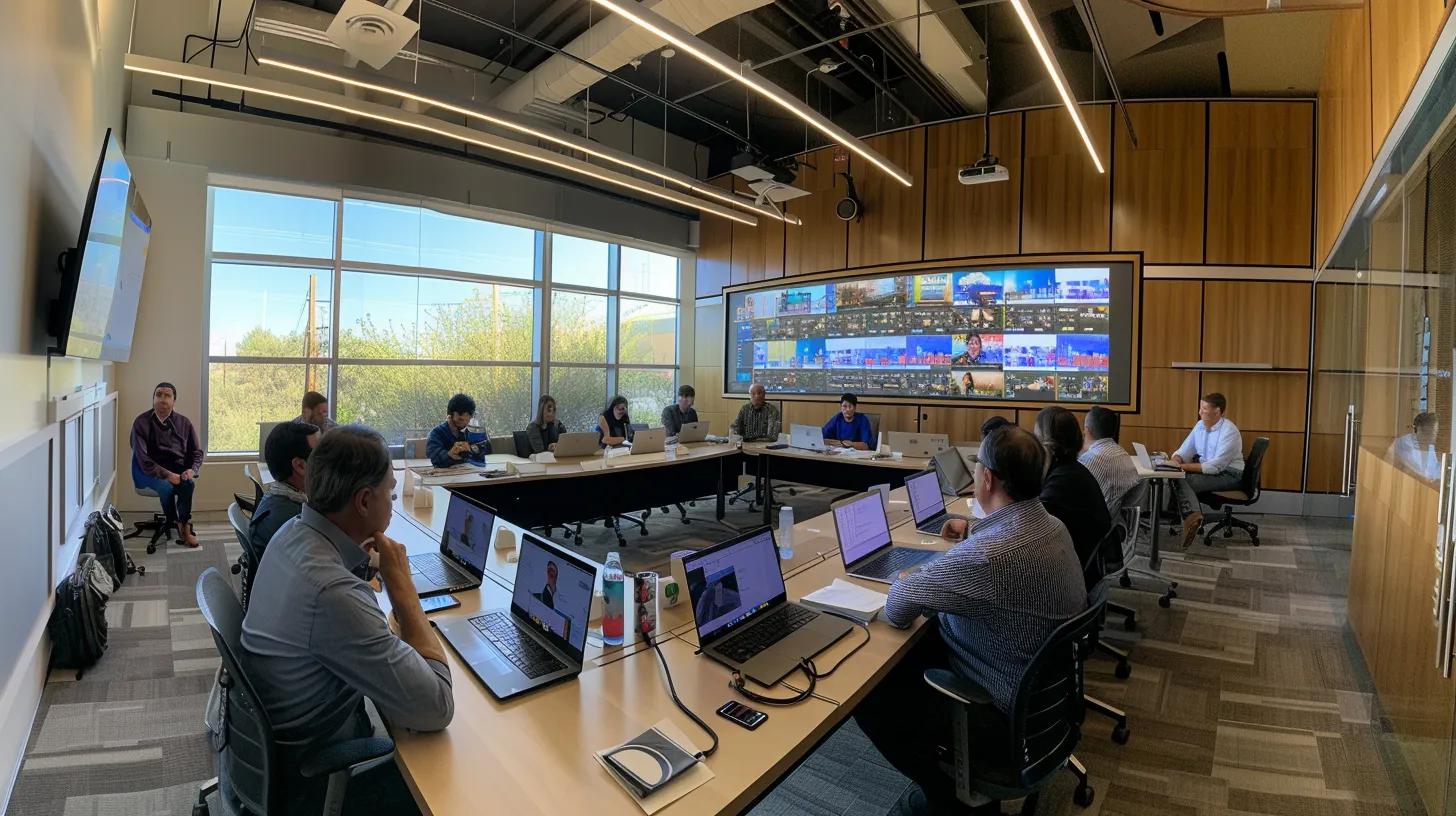
While ICDR filing is designed to be efficient, several challenges may arise during the process. Understanding these hurdles helps you prepare in advance:
Documentary Ambiguities: Incomplete documentation or ambiguous evidence may delay proceedings. Ensuring that all contracts, correspondence, and financial records are clear and readily verifiable minimizes these issues.
Selection of Arbitrators: Discrepancies in selecting arbitrators can lead to disputes over expertise or impartiality. An efficient selection process requires negotiation and consensus between parties, often under pressure.
Procedural Delays: Unexpected delays can occur during document exchange or in scheduling hearings. Contingency plans and proactive communication with the arbitration administrator help alleviate delays.
Cost Overruns: Disputes may stretch out longer than anticipated, resulting in higher arbitrator fees and additional administrative costs. Early budgeting and predefined fee structures can help control expenses.
Enforceability Concerns: Even a favorable award may face difficulties in enforcement, particularly in jurisdictions with differing legal standards. Understanding local enforcement mechanisms and securing legal advice early in the process is vital.
Cultural and Language Barriers: International disputes often involve parties from different cultural and legal systems. These differences can create misunderstandings during hearings and document preparation.
Overcoming these challenges relies on careful preparation, constant communication, and strategic legal counsel. Transnational Matters PLLC offers expertise in managing these obstacles, providing proactive measures that minimize delays and ensure favorable outcomes through** alternative dispute resolution**.
What Future Trends Affect ICDR Requirements and Processes?

The landscape of international dispute resolution is evolving, and ICDR processes are no exception. Several trends shape the future of ICDR filings:
Digital Transformation: Advancements in technology are increasingly influencing the dispute resolution process. Virtual hearings, blockchain-based evidence management, and AI-assisted legal analysis promise to enhance efficiency and transparency. A recent study by Wolters Kluwer (2022) revealed that digital transformation could reduce hearing delays by over 30% through ** mediation**.
Increased Emphasis on Sustainability: There is growing interest in environmentally sustainable dispute resolution procedures. Virtual submissions and reduced physical document handling contribute to lower carbon footprints and align with global sustainability initiatives.
Enhanced Confidentiality Measures: As international business becomes more sensitive, enhanced data privacy and cybersecurity measures are being integrated into ICDR processes. This ensures that all proprietary data remains confidential, thereby safeguarding business secrets.
Global Harmonization of Rules: Efforts to standardize arbitration rules across different jurisdictions are underway. Uniform standards improve enforceability and reduce misinterpretations, ensuring a more predictable dispute resolution process.
Diversification of Dispute Panels: Armed with the experience from disputes in various industries, there is a strong trend toward forming more diverse and multidisciplinary arbitration panels. This diversification further increases the expertise available for different types of disputes.
Regulatory and Institutional Reforms: Changing norms in international law, including updates in the UNCITRAL Model Law, are likely to influence ICDR processes. There is an increasing focus on accessibility to justice for all parties involved, regardless of their geographic location.
Investors and businesses must stay ahead of these trends by engaging with legal experts who monitor international regulatory changes. Transnational Matters PLLC remains at the forefront of these developments, offering clients strategic advice and tailored legal solutions.
What Are the Key Benefits and Action Items for Investors Considering ICDR Filing?
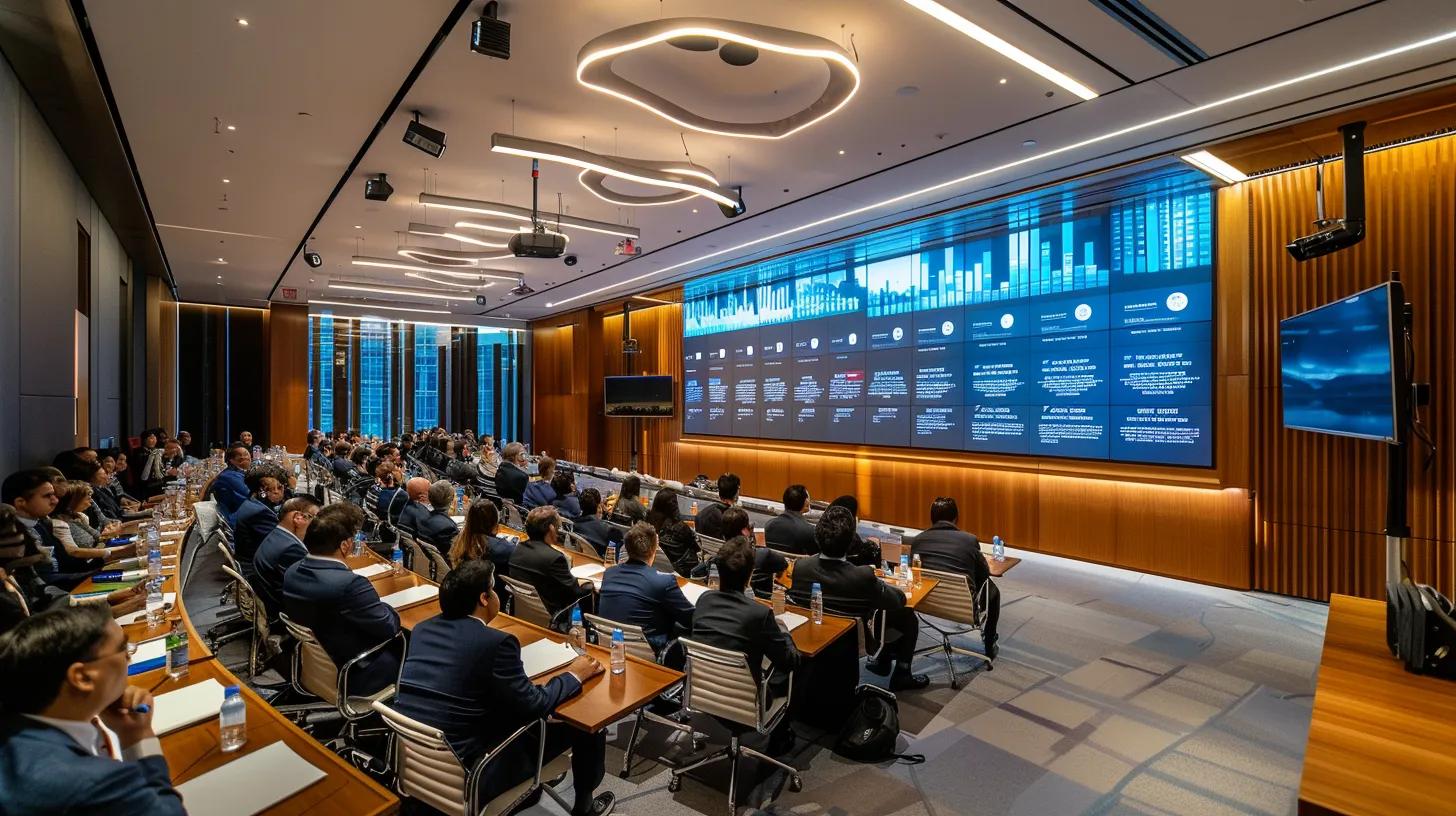
For investors and companies facing international disputes, ICDR filing offers a robust alternative to traditional litigation. The method not only provides predictability and expertise but also offers cost savings and quicker resolutions that are critical in preserving business relations. Here are the key benefits summarized: alternative dispute resolution
Enhanced Predictability: ICDR’s consistent processes reduce risks associated with unpredictable local court rulings.
Cost Efficiency: The specialized dispute resolution framework often reduces overall costs compared to protracted litigation.
Expert Panel Selection: The ability to choose arbitrators with specific industry expertise ensures informed decisions that cater to complex international disputes.
Improved Enforceability: Awards under ICDR rules benefit from international conventions, making them widely enforceable across borders.
Action Items for Investors: 1. Review and Update Contracts: Ensure that your contracts include well-defined arbitration clauses in line with ICDR guidelines. 2. Engage Experienced Counsel: Consult with specialized international arbitration lawyers to assess whether ICDR filing is the best strategy for your dispute. 3. Implement Robust Documentation Practices: Maintain organized records to support any future ICDR filings and compliance with procedural requirements. 4. Monitor Industry Trends: Stay updated on legislative changes and technological advancements that could affect dispute resolution procedures. 5. Plan Financially: Budget for anticipated filing and administrative fees while considering potential cost savings relative to traditional litigation.
Frequently Asked Questions

Q: What exactly does ICDR filing mean for an investor? A: ICDR filing refers to resolving disputes through an expert panel under internationally recognized arbitration rules. For investors, it means predictable, efficient, and enforceable decisions that minimize litigation risks and protect your financial interests through alternative dispute resolution.
Q: How long does the ICDR dispute resolution process typically take? A: While timelines vary based on case complexity, the ICDR process generally takes between six months to a year. The preliminary steps, including the selection of arbitrators, can accelerate the process, minimizing delays that may otherwise occur in traditional litigation.
Q: Are ICDR awards enforceable across different jurisdictions? A: Yes, ICDR awards are widely enforceable under international conventions such as the New York Convention. This enforceability provides investors with confidence that favorable decisions will be recognized globally, reducing risks involved in cross-border disputes.
Q: What role does technology play in modern ICDR filings? A: Technology is increasingly central to ICDR filings, with digital document management, virtual hearings, and blockchain-based evidence verification enhancing efficiency and reducing associated delays. These digital trends also contribute to improved confidentiality and sustainability of the dispute resolution process.
Q: How can Transnational Matters PLLC help foreign investors with ICDR filings? A: Transnational Matters PLLC offers in-depth expertise in international arbitration and dispute resolution. Our experienced lawyers guide investors through every step, ensuring compliance with ICDR rules, managing potential challenges, and advising on strategic decisions to minimize legal risk while safeguarding your investment.
Key Takeaways

- ICDR filing offers investors a predictable, cost-effective alternative to traditional litigation.
- The process comprises multiple steps from eligibility assessment to award enforcement.
- Proper documentation, expert counsel, and technological tools are essential for efficient ICDR filings.
- Future trends such as digital transformation and global rule harmonization promise to further enhance the process.
- Transnational Matters PLLC provides specialized legal services to help foreign investors navigate complex international disputes.
Final Thoughts

ICDR filing represents a strategically advantageous route for resolving international disputes swiftly and efficiently. With clear procedural steps and internationally recognized enforceability, it serves as a critical tool for protecting investment interests in today’s global market. By staying informed about emerging trends and engaging specialized counsel, you can navigate disruptions and protect your investments effectively. Transnational Matters PLLC is here to support you with expert mediation advice and tailored legal solutions to ensure your disputes are resolved in your favor.


